On
Human
Nature

On
Human
Nature

ROGER SCRUTON
PRINCETON UNIVERSITY PRESS
PRINCETON AND OXFORD
Copyright 2017 by Princeton University Press
Published by Princeton University Press, 41 William Street,
Princeton, New Jersey 08540
In the United Kingdom: Princeton University Press, 6 Oxford Street,
Woodstock, Oxfordshire OX20 1TR
press.princeton.edu
Jacket design by Michael Boland for thebolanddesignco.com
All Rights Reserved
Library of Congress Control Number 2016957094
ISBN 978-0-691-16875-3
British Library Cataloging-in-Publication Data is available
This book has been composed in Garamond Premier Pro
Printed on acid-free paper.
Printed in the United States of America
1 3 5 7 9 10 8 6 4 2
CONTENTS

PREFACE

What follows is a revised version of the three Charles E. Test memorial lectures that I gave, under the auspices of the James Madison Program, at Princeton University in fall 2013. I am very grateful to the program and its director, Robert P. George, for the invitation and for the hospitality shown to me during my visit. And I am especially grateful to the lively audience that a visitor can always expect at Princeton and to the spirit of free inquiry that prevails there. In preparing these lectures for publication I am conscious that they are at best a summary of my views and do not in any way deal with all the difficulties that will occur to the attentive reader. Some of these difficulties I have addressed in The Soul of the World and in a fourth chapter here added to the lectures; others must await some later attempt to tackle them or else accompany me to the grave.
Earlier drafts were read by Bob Grant, Alicja Gescinska, and two anonymous readers for Princeton University Press, and from the remarks of all four I have benefited enormously.
Scrutopia, Easter 2016
CHAPTER 1
 HUMAN KIND
HUMAN KIND 
We human beings are animals, governed by the laws of biology. Our life and death are biological processes, of a kind that we witness in other animals too. We have biological needs and are influenced and constrained by genes with their own reproductive imperative. And this genetic imperative manifests itself in our emotional life, in ways that remind us of the body and its power over us.
For centuries poets and philosophers have told stories about erotic lovePlato leading the way. These stories have endowed the object of love with a value, a mystery, and a metaphysical distinction that seem to place it outside the natural order. And in these stories biology seems hardly to figure, even though they are stories that would make little sense were it not for our condition as reproductive animals, who have established their niche by sexual selection.
We are territorial creatures, just like chimpanzees, wolves, and tigers. We claim our territory and fight for it, and our genes, which require just such an exclusive claim over habitat if their replication is to be guaranteed, depend upon our success. Yet when we fight it is, as a rule, in the name of some high ideal: justice, liberation, national sovereignty, even God Himself. Once again, it seems that we are in the habit of telling ourselves stories that make no reference to the biological realities in which they are rooted.
The most noble of human attributes also have their biological underpinningor so it seems at least. The self-sacrifice that causes a woman to lay everything aside for her children, the courage that enables human beings to endure the greatest hardships and dangers for the sake of something that they value, even those virtues such as temperance and justice that seem to require us to vanquish our own desiresall these things have seemed to many people to have their counterparts among the lower animals and to demand a single explanation, generalizable across species. Personal affection has been brought within the fold of biology, first by Freuds highly metaphorical and now largely discredited theory of the libido and more recently by the attachment theory of John Bowlby, for whom love, loss, and mourning are to be explained, at least in part, as phylogenetic products of our need for a secure base.
By putting that behavior in its ethological context Bowlby was able to give a far more plausible account of our primary attachments than those given by Freud and his immediate successors. Our personal affections, he argued, are to be explained in terms of the function that they perform in our environment of evolutionary adaptedness, and the explanation will not be couched in terms that make any radical ontological division between us and other mammals. The discovery of the hormone oxytocin, and its effect in predisposing animals of many different species toward affectionate relations with their own kind, has further encouraged the view that attachment can be understood and explained without reference to the stories with which we humans embellish it.
When Darwin and Wallace first hit on the idea of natural selection, the question arose whether our many higher characteristics, such as morality, self-consciousness, symbolism, art, and the interpersonal emotions, create such a gap between us and the lower animals as to demand explanation of another kind. Wallace at first thought that they did not but later changed his mind, coming to the conclusion that there is a qualitative leap in the order of things, and the existence of these powers could therefore not be explained by natural selection for fitness.
Darwin, however, remained attached to the view that natura non facit saltus and in writing The Descent of Man tried to show that the differences between humans and other animals, great though they are, can nevertheless be reconciled with the theory of stepwise development.
GENETICS AND GAMES
This controversy has taken on an entirely different character since R. A. Fishers pioneering work in population genetics. In short, we seem to have been brought a step nearer the proof of Darwins contention that the moral sense is continuous with the social instincts of other species.
GENES AND MEMES
We know that the human species has adapted to its environment; but we also know that it has adapted its environment to itself. It has passed adaptations to its offspring not only genetically but also culturally. It has shaped its world through information, language, and rational exchange. And while all those features can be acknowledged by biology and given a place in evolutionary theory,in the first instance, concern the replication of genes but, rather, the reproduction of societies. Moreover, human societies are not just groups of cooperating primates: they are communities of persons, who live in mutual judgment, organizing their world in terms of moral concepts that arguably have no place in the thoughts of chimpanzees. It is possible that cognitive science will one day incorporate these moral concepts into a theory of the brain and its functions and that theory will be a biological theory. But its truth will be tested against the distinctively human capacities that, according to Wallace, seem superfluous to evolutionary requirements, and not against the features of our biological makeup that we share with other animals.
Now, philosophers who argue in that way find themselves confronting a powerful current of opinion that has flowed through all the channels of intellectual life since the publication of Richard Dawkinss
Next page
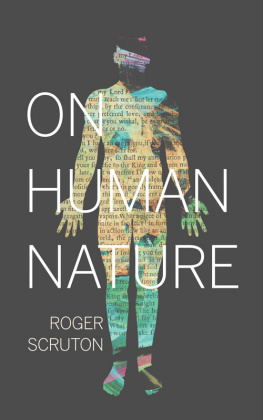
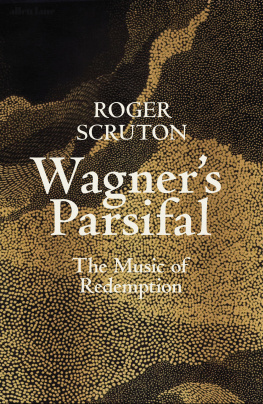
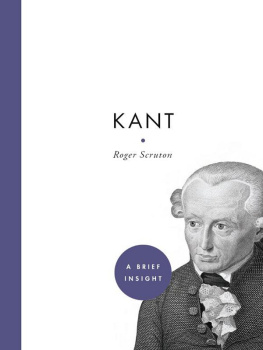
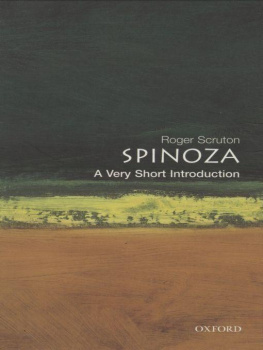
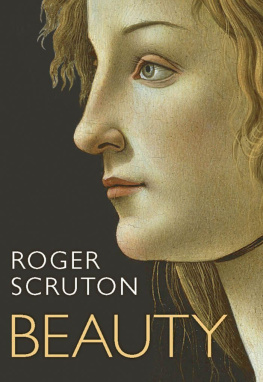
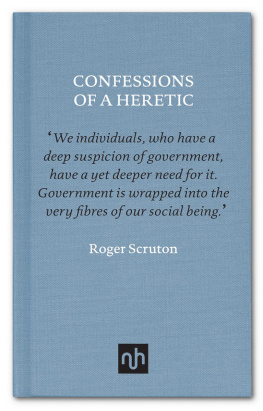
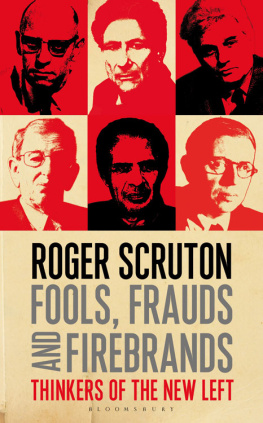


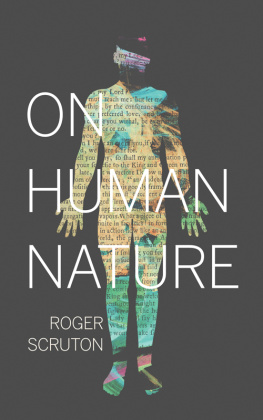
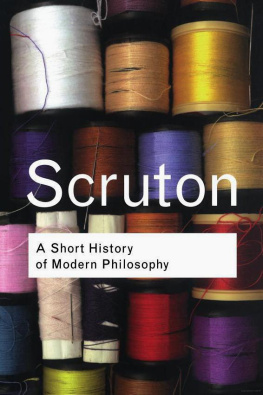
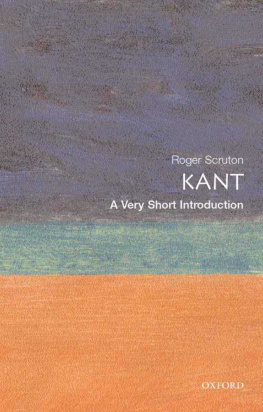
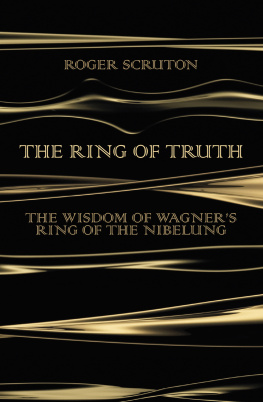



 HUMAN KIND
HUMAN KIND 